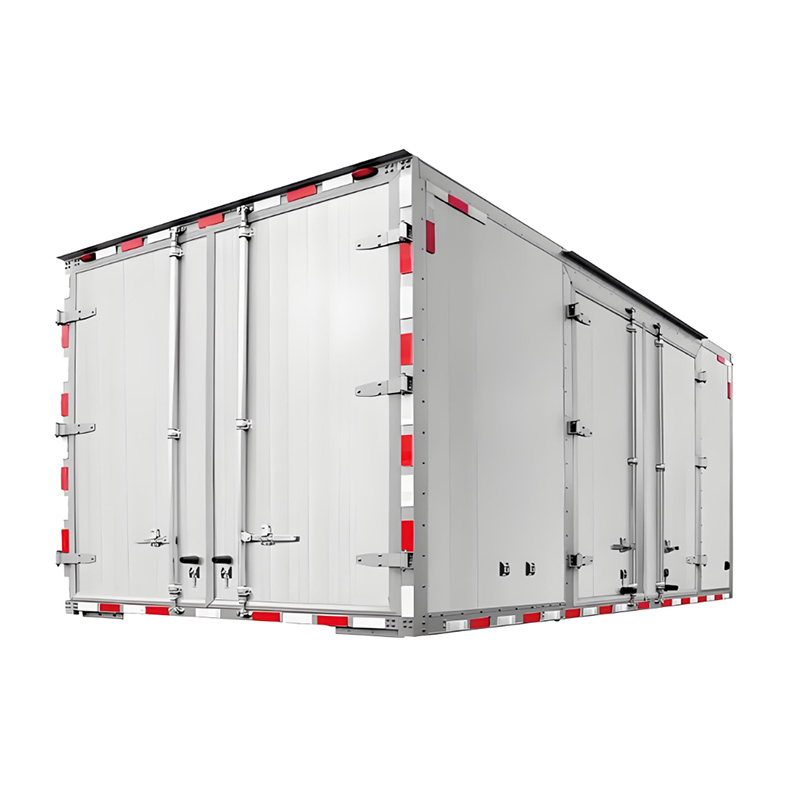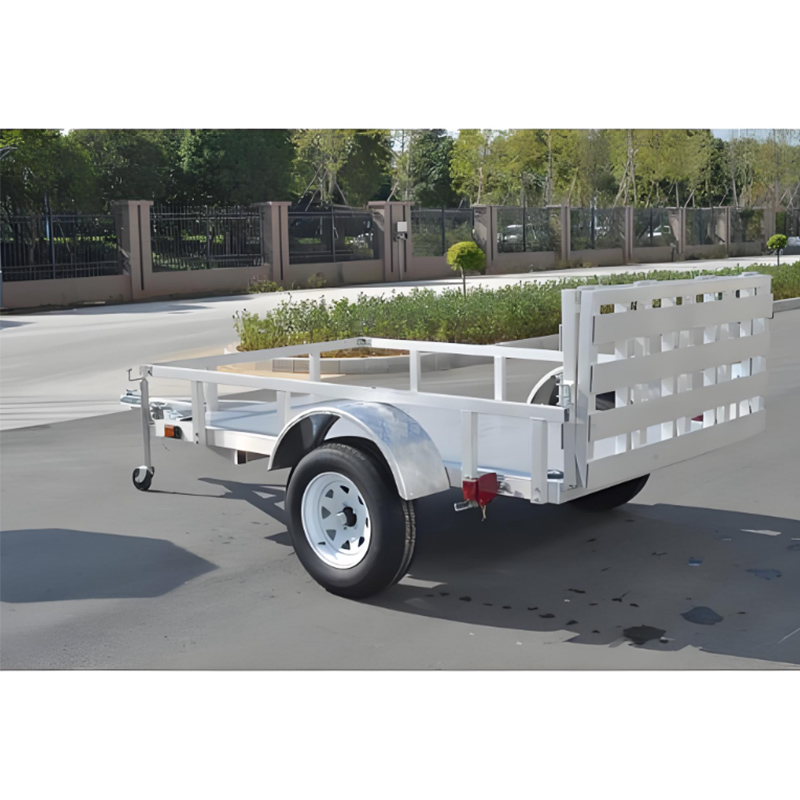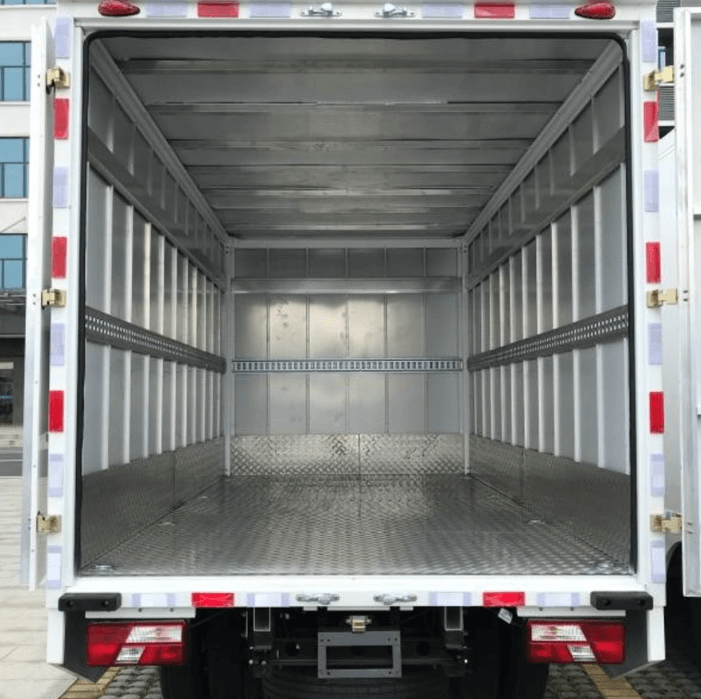When it comes to building trailers, the choice of materials plays a vital role in determining the final product’s durability, weight, and overall performance. Aluminum profiles have become an increasingly popular option across commercial and industrial trailer manufacturing, offering a unique balance of lightness and strength that traditional materials struggle to match.
Why Aluminum Profiles Are Ideal for Trailers
Trailers demand a structure that can withstand heavy loads while remaining manageable on the road. Aluminum profiles provide precisely that. These profiles, made from high-quality aluminum alloys, are designed to offer excellent strength-to-weight ratios. This means trailers can be lighter without sacrificing their capacity to carry heavy loads, leading to several practical advantages.
Reduced Weight, Improved Efficiency
One of the biggest benefits of aluminum profiles for trailers is their lightweight nature. Aluminum weighs around one-third of steel, which significantly cuts down the trailer’s overall mass. A lighter trailer requires less fuel to tow, making it more economical for businesses relying on transportation. This translates to lower running costs and fewer emissions—an increasingly important factor as regulations tighten.
Moreover, the reduced weight contributes to better handling and safer driving experiences. Less strain on towing vehicles means longer vehicle life and less maintenance, factors that commercial operators will appreciate.
aluminum profiles for trailers
Strength and Durability
Despite being light, aluminum profiles offer impressive strength and durability. These profiles resist corrosion far better than steel, especially in harsh weather conditions or environments where trailers are exposed to moisture, salt, or chemicals. Corrosion resistance extends the lifespan of trailers, reducing the need for repairs and replacements.
The strength of aluminum profiles also means trailers can handle substantial payloads without bending or warping. The extruded aluminum shapes allow for designs that distribute stress evenly, improving the structural integrity of the trailer frame. This makes aluminum profiles an excellent choice for businesses needing reliable, long-lasting trailers.
Design Flexibility and Customisation
Aluminum profiles are highly versatile. They come in a wide range of shapes, sizes, and finishes, making them adaptable to various trailer designs. Manufacturers can tailor profiles to specific requirements, such as incorporating slots for mounting equipment or creating modular frameworks that simplify assembly and maintenance.
This design flexibility is valuable for industries that demand customised trailers for specialised tasks—whether it’s for transporting machinery, livestock, or goods requiring secure containment. Aluminum’s malleability also allows for easier modifications, giving businesses the freedom to upgrade or alter trailers as needs evolve.
Environmental Benefits
Choosing aluminum profiles aligns with environmental goals. Aluminum is fully recyclable without losing quality, meaning trailers made from these materials have a lower environmental impact over their lifecycle. Recycled aluminum requires less energy to produce than new aluminum, contributing to reduced carbon footprints.
For companies aiming to improve sustainability in their operations, investing in aluminum profiles for trailers is a responsible choice that supports greener logistics.
Key Applications of Aluminum Profiles in Trailers
Aluminum profiles are widely used across various trailer types, including:
- Flatbed trailers: Offering strong, lightweight bases perfect for carrying large, bulky loads.
- Box trailers: Durable framing and panels that resist corrosion and extend service life.
- Livestock trailers: Providing sturdy yet lightweight construction to ensure safe and comfortable transport of animals.
- Car carriers: Allowing for strong platforms that reduce overall vehicle weight and improve fuel efficiency.
Each application benefits from aluminum profiles’ combination of strength, flexibility, and corrosion resistance.
Final Thoughts
Aluminum profiles offer an attractive solution for trailer manufacturers and businesses requiring robust, lightweight, and long-lasting trailer components. Their ability to reduce weight without compromising strength leads to cost savings, better fuel economy, and easier handling. Coupled with excellent corrosion resistance and design versatility, aluminum profiles continue to shape the future of trailer construction.
If your business is exploring options to improve trailer performance and durability, aluminum profiles are worth serious consideration. Partnering with an experienced supplier can help you leverage these benefits fully and build trailers suited to modern commercial demands.



